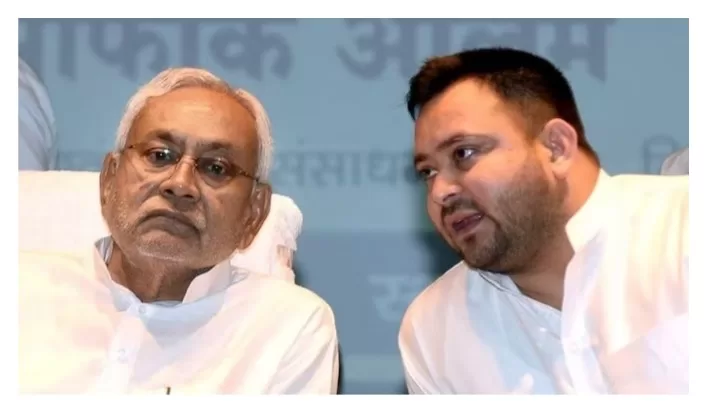In a surprising move, Bihar Chief Minister Nitish Kumar has launched a fresh survey to gauge public sentiment on the state’s seven-year-old liquor ban. Kumar asserts that this is not an indication of reconsidering the prohibition but rather an attempt to measure the strength of both the pro and anti-ban constituencies. However, this initiative raises questions about the judicious use of time, effort, and resources by a financially strapped government.
The survey season in Bihar seems relentless, following the earlier caste survey. The question that looms large is whether such endeavors hold any substantial value, given the well-established track record of the alcohol ban policy in Bihar, which has been widely criticized for causing more harm than good.
The initiative appears particularly questionable against the backdrop of financial constraints faced by the Bihar government. The chief minister’s inclination to gauge public opinion on a policy that has faced extensive criticism and yielded adverse consequences raises concerns about the prioritization of resources.
While there is growing awareness of the negative effects of excessive drinking, the need for a survey to create awareness about alcoholism’s impact on health and household finances is debatable. Other states, such as Kerala, have adopted a more nuanced approach, addressing the challenge of alcoholism as a health problem rather than a law and order issue. The state’s social justice and excise departments run programs to survey and address the genuine concerns related to alcoholism, with funding primarily sourced from the state.
In contrast, Bihar’s approach to treating excessive alcohol consumption as a law and order problem has led to severe consequences, including the proliferation of illicit liquor, a surge in criminal cases, numerous hooch-related deaths, estimated job losses, and a significant revenue vacuum. The financial impact is evident in the fact that barely 26% of Bihar’s government resources are generated within the state, one of the lowest ratios in India.
The contrasting strategies between Bihar and states like Kerala underscore the need for a more nuanced and evidence-based approach to alcohol-related issues. Kumar’s steadfast adherence to prohibition, despite its detrimental effects on the state’s economy and social fabric, raises questions about the efficacy of such policies.
As Bihar grapples with the consequences of criminalizing alcohol, including the flourishing illicit liquor trade and the loss of potential revenue, the need for a comprehensive reevaluation of the prohibition policy becomes increasingly evident. The survey, in this context, appears more as a delaying tactic than a genuine effort to address the underlying challenges posed by the existing prohibition framework.
In conclusion, the survey season in Bihar seems to be an exercise in futility, diverting attention from the pressing issues associated with the alcohol ban policy. The need for a more informed, evidence-based, and nuanced approach to alcohol-related challenges is paramount for Bihar’s sustainable development.






